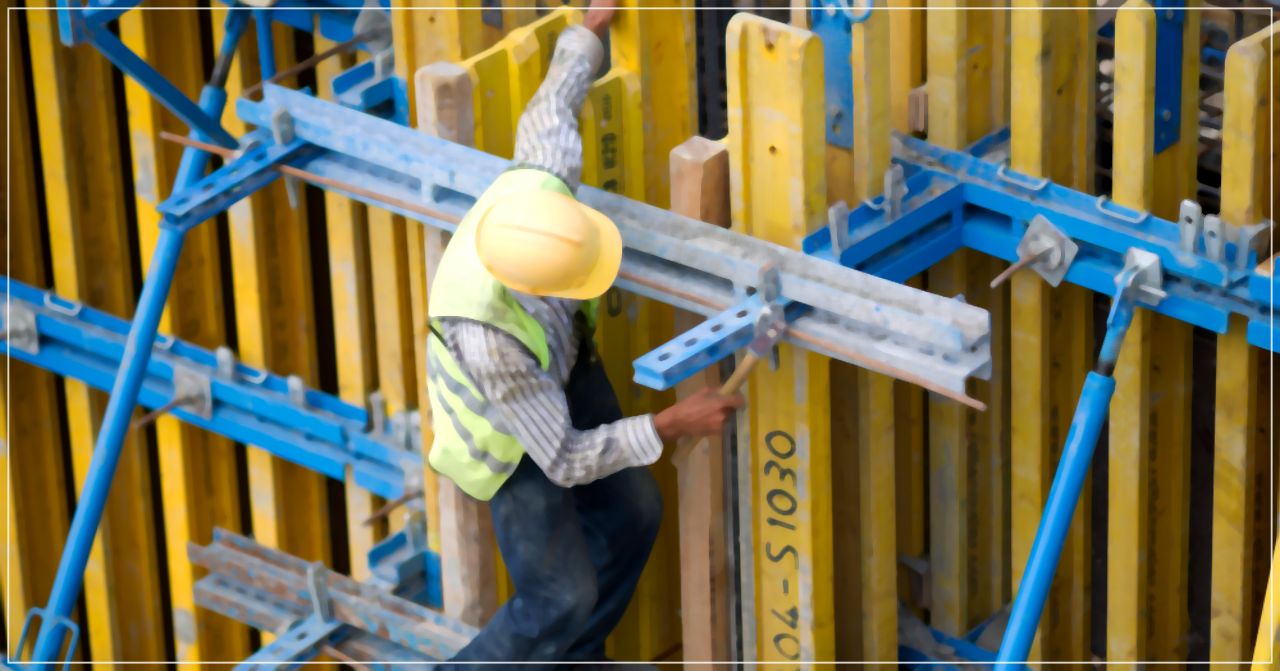In a spirited discussion held by the House of Representatives, a poignant voice emerged from Orion Dumdum, a former overseas Filipino worker (OFW), highlighting a pivotal turn for the Philippines’ economy and its workforce. During the deliberation of Resolution of Both Houses No. 7, Dumdum called on lawmakers to embrace economic reforms to foster foreign investments, painting a hopeful future where Filipinos no longer feel compelled to leave their homeland for employment, as shared in a report by the Philstar.

A Call for Change
Dumdum’s advocacy points to the restrictive policies embedded within the 1987 Constitution as a significant barrier to attracting foreign investments. By lifting these limitations, the Philippines could unlock a new era of job creation and economic growth. “The effect of reducing foreign equity restrictions is the strongest,” Dumdum remarked, referencing the Organization for Economic Cooperation and Development’s view of the Philippines as one of the most restrictive economies globally.
Legislative Support for Economic Renewal
The push for economic charter change is gaining momentum, with key lawmakers and the President signaling support for amending the Constitution to facilitate growth. Representatives Stella Luz Quimbo and Joey Salceda underscored the necessity of this shift, aiming to make the Philippines more appealing to foreign investors. This change could lead to significant capital infusion, creating numerous job opportunities within the country.
Potential Hurdles Ahead
However, the journey towards this economic renewal is not without its challenges. The proposal to hold a plebiscite for Charter change alongside the midterm elections has raised concerns about voter disenfranchisement. Ana de Villa-Singson from the Parish Pastoral Council for Responsible Voting emphasized the need for a streamlined voting process to prevent extended wait times and ensure every vote is counted. Additionally, the significant financial implications of conducting separate electoral activities have been highlighted, stressing the importance of efficient planning and resource allocation.
Educating the Electorate
As the conversation around easing foreign investment restrictions gains traction, the importance of voter education cannot be overstated. A robust information dissemination campaign is crucial to ensure Filipinos understand the potential impact of constitutional amendments on their lives and the nation’s future.
The path towards economic liberalization and constitutional reform is fraught with complexities, but it holds the promise of a future where Filipinos can find fulfilling employment within their own shores. By breaking down barriers to foreign investments and updating outdated provisions, the Philippines can pave the way for a more prosperous, inclusive, and resilient economy. As the nation stands at this crossroads, the collective decision of its people and their leaders will determine the trajectory of its journey towards self-sufficiency and national pride.